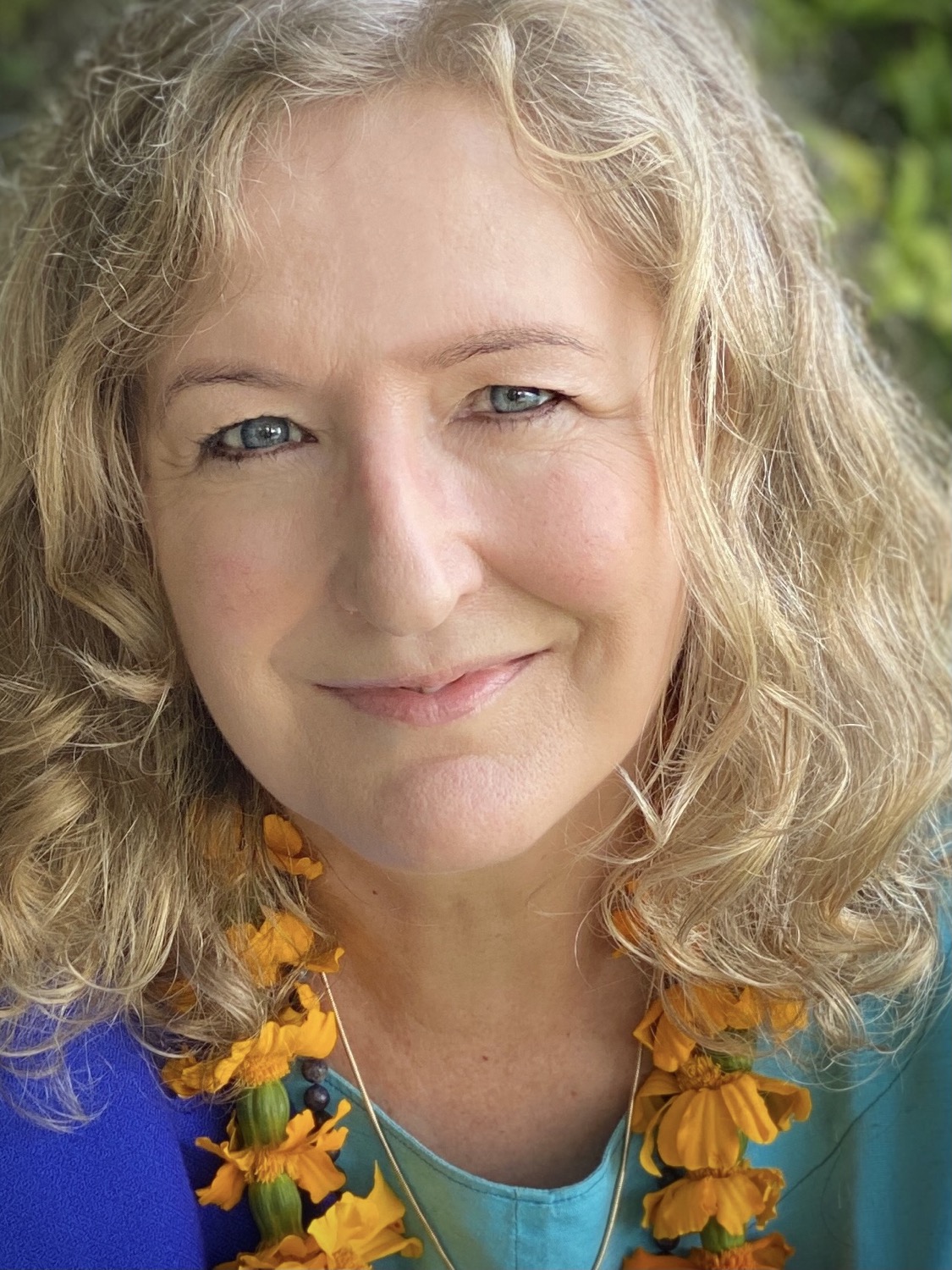To see the Truth you need to close your eyes...
- Sampriya

- Oct 3, 2018
- 3 min read
Updated: Nov 17, 2018
As human beings we have an interesting relationship with the concept of truth. To our waking-state mind the idea of truth seems straightforward and relatively reliable. Something is either true or it isn't. When we perceive something with our senses, or we reason out a fact with our mind, we think of that as the truth. Since our eyes perceive the sky as blue, we regard blueness as the truth of the sky. Someone who says the sky is green is considered to be deluded or lying. When scientists proclaim that research and rigorous testing have resulted in the conviction that something is beneficial for our health, we think of that result as the truth. In the same way, we tend to call a cultural tradition a fact or truth, just because it has been perpetuated for a long time.

These examples have two things in common: first, they depend on our perception, which makes them subjective even though we call them truth - and second, despite the fact that we treat them as dependable and valid, they are not as permanent as we think, since they can change. We have seen it many times. Something we believed to be accurate or legitimate, turns out to be false. Even a scientific truth backed up by research and tests can change after a time, if new discoveries reveal previously unknown facts.
We may not be fully aware of it, but as human beings we are looking for truth, because we have a need for stability and certainty. We want to know that we can count on the truth of things, people, situations and beliefs to give us a sense of permanence and safety. Living in a world of incessant changes and in a body that is subject to inevitable transformation and ageing, we are looking for something that is unchanging.
When we study the nature of our human existence, we inevitably come to the conclusion that in the world of forms, there is no such thing as permanence. If we want to find a kind of Truth that is unchanging, we have to look beyond the form and beyond the human states of consciousness*. We can't reach there with our senses though, since they are not equipped to perceive that which is formless. That's why this other dimension, also called the 4th state of consciousness or Turiya, cannot be experienced with open eyes.
With closed eyes we connect to a different kind of perception, a different kind of knowing and a different kind of Truth. It is no longer the eyes that see, but seeing is there. It is no longer the mind that knows, but knowing is there. We may notice shifting thoughts and conclusions floating through our consciousness, but we also see that they appear and disappear in a space of infinite and unchanging vastness. By paying attention to that space we realise that the one watching and knowing the infinite space is as unchanging as the space itself. In fact they are one and the same, One Self, One Truth, Pure Free Forever. Meditation is the immense gift that allows us to transcend the human waking-state consciousness and its ever-changing conditions. In Meditation the Truth of our nature as the One infinite and unchanging Self is revealed.
If you want to connect to your inner Truth, to learn about Meditation and how to build a practice to access the deeper aspects of your Being, write me an e-mail for a free half hour consult and visit the pages about Meditation, Online Meditation Training and Online Meditation Mentoring on our website.
#onlinemeditationtraining, #onlinemeditationmentoring, #meditationmentor, #meditationteachertraining
*waking state, dream and deep sleep. For more information on the states of consciousness, you can read these previous blogposts: what-we-think-we-become, meditation-allows-the-caterpillar-to-know-it-is-a-butterfly, sound-is-innocent






Comments